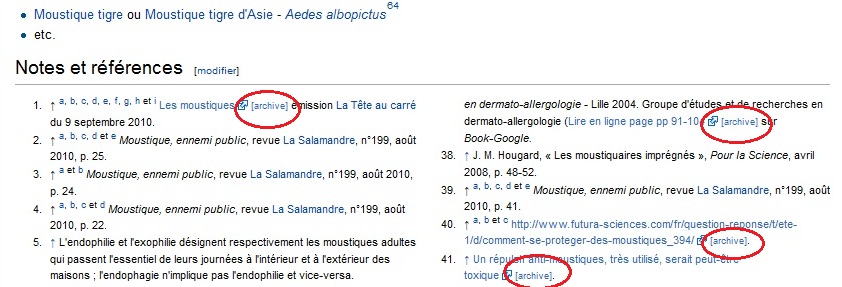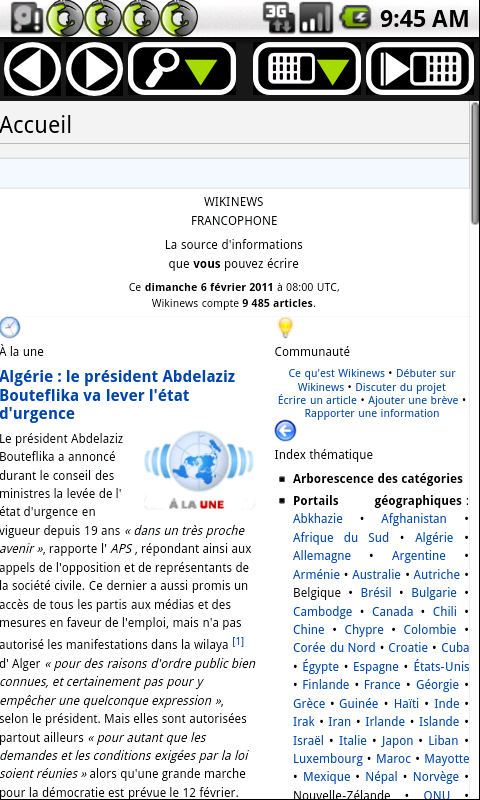Linterweb is releasing on its website Allingroups a new page containing lists of favorites Facebook groups concerning specific topics. Listed groups are the Facebook groups with most members, or groups we appreciate for some reasons. The topics are chosen according to the areas of interest of Linterweb employees.
The current lists focus on the following topics:
Britanny (this topic is important to us as our company is currently located in this region, in the northwest of France); video games; sports;; music; shared accommodation; Erasmus; online sales; cooking; car-sharing (while the United Nations Climate Change Conference will soon be held in Paris, in december 2015, this topic seems more relevant than ever); job search (while Linterweb tries to be a corporate citizen, we feel very concerned with the topic of unemployment); downloads; books; films; art and creation; concerts the latter four topics are important to us, as Linterweb has always been interested in and has always been supporting artistic creation, including performing arts); news; fishing; health and welfare; series.
All these lists are displayed on the page Indicateur des groupes.
We’all add new lists on new topics on a regular basis. If you have suggestions of topics or of groups that you tink we should add to our selection, please contact us at pmartin@linterweb.fr.
Best regards, Pascal Martin, manager of Linterweb.
Linterweb is a web company that, for now several years, has been developing various Wikipedia oriented programs, including:
- Wikiwix, a semantic web search engine that gives only results out of the databases of the Wikimedia Foundation projects;
- Okawix, the offline Wikipedia browser free of copyrights and free of charge that allows you to read offline the articles of the various Wikimedia Foundation projects;
- a program that archives the external web pages of the Wikipedia articles (that is, the web pages outside Wikipedia but linked from a Wikipedia article), so that their content remains available and that those external links don’t get broken; this program is used, in particular, for all external links of all French speaking Wikimedia projects, as well as on the Romanian and Hungarian speaking Wikipedias;
- Allingroups Facebook auto-poster, a service dedicated to automatically sending messages to your Facebook groups;
- …








